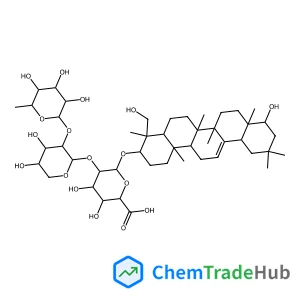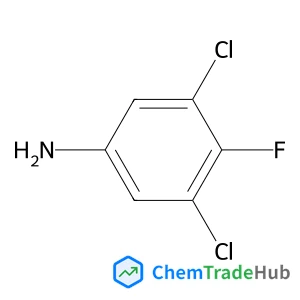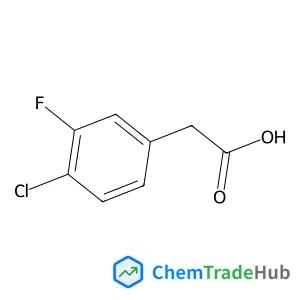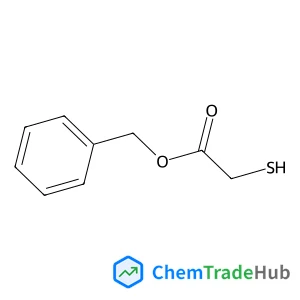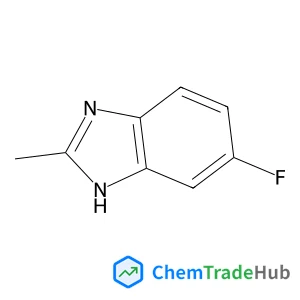A new neodymium–phosphine compound for supercapacitors with long-term cycling stability
Literature Information
Xiaoyu Li, Huimin Chen, Chenyu Yang, Yafeng Li
A new neodymium–phosphine compound (Nd–(Ph)3P) was used for the first time as an electrode for supercapacitors and exhibited an extraordinary capacitance of 951 F g−1 at 0.5 A g−1 with a high capacitance retention of 96% after 10 000 cycles at 10 A g−1, which is the highest capacitance for rare earth based materials in SCs. Such an excellent performance might be due to the fact that this material can provide plenty of electron-active sites for charge storage and electrolyte diffusion can be efficiently promoted.
Related Literature
IF 6.222
Direct arylation polycondensation towards water/alcohol-soluble conjugated polymers as the electron transporting layers for organic solar cellsIF 6.222
Carbon-based photocatalysts for enhanced photocatalytic reduction of CO2 to solar fuelsIF 6.367
A model-based comparison of Ru and Ni catalysts for the Sabatier reactionIF 6.367
An aminophosphonate ester ligand-containing platinum(ii) complex induces potent immunogenic cell death in vitro and elicits effective anti-tumour immune responses in vivoIF 6.222
Contents listIF 6.222
Novel aqueous amine looping approach for the direct capture, conversion and storage of CO2 to produce magnesium carbonateIF 6.367
Recent developments in carbon nitride based films for photoelectrochemical water splittingIF 6.367
Non-aqueous neptunium and plutonium redox behaviour in THF – access to a rare Np(iii) synthetic precursorIF 6.222
Carbon and carbon composites obtained using deep eutectic solvents and aqueous dilutions thereofIF 6.222
Source Journal
Chemical Communications
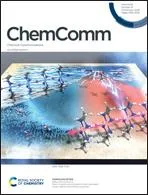
ChemComm publishes urgent research which is of outstanding significance and interest to experts in the field, while also appealing to the journal’s broad chemistry readership. Our communication format is ideally suited to short, urgent studies that are of such importance that they require accelerated publication. Our scope covers all topics in chemistry, and research at the interface of chemistry and other disciplines (such as materials science, nanoscience, physics, engineering and biology) where there is a significant novelty in the chemistry aspects. Major topic areas covered include: Analytical Chemistry Catalysis Chemical Biology and medicinal chemistry Computational Chemistry and Machine Learning Energy and sustainable chemistry Environmental Chemistry Green Chemistry Inorganic Chemistry Materials Chemistry Nanoscience Organic Chemistry Physical Chemistry Polymer Chemistry Supramolecular Chemistry
Recommended Compounds
Recommended Suppliers
 Kaishuo Chemical Sales Co., Ltd
Kaishuo Chemical Sales Co., Ltd Qingdao Yuzhou Chemical Industry Co., Ltd. (Shandong Laixi
Qingdao Yuzhou Chemical Industry Co., Ltd. (Shandong Laixi Zhengzhou Kangzheng Biotechnology Co., Ltd.
Zhengzhou Kangzheng Biotechnology Co., Ltd. Glastechnische Werkstatt Dieter Verhees
Glastechnische Werkstatt Dieter Verhees Guangzhou Hengshi Import and Export Trading Co., Ltd
Guangzhou Hengshi Import and Export Trading Co., Ltd Guangzhou Xiangmei Chemical Technology Co., Ltd.
Guangzhou Xiangmei Chemical Technology Co., Ltd. URACA GmbH & Co. KG
URACA GmbH & Co. KG Heimbach Filtration GmbH
Heimbach Filtration GmbH Química Vaid, S.A. de C.V.
Química Vaid, S.A. de C.V. WMT engineering
WMT engineering










